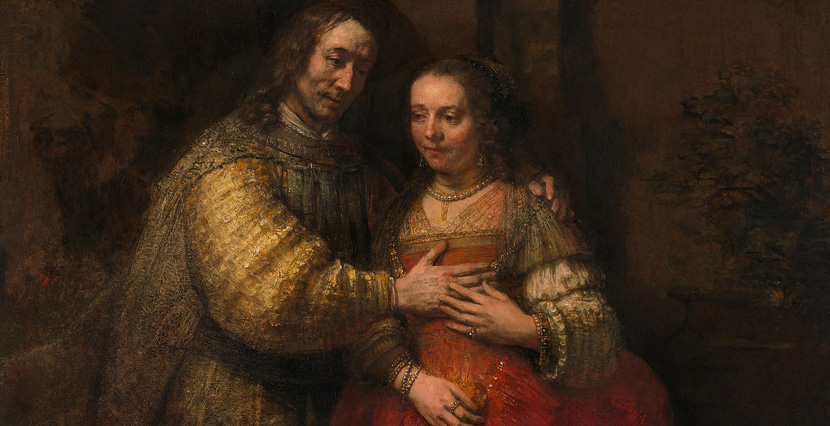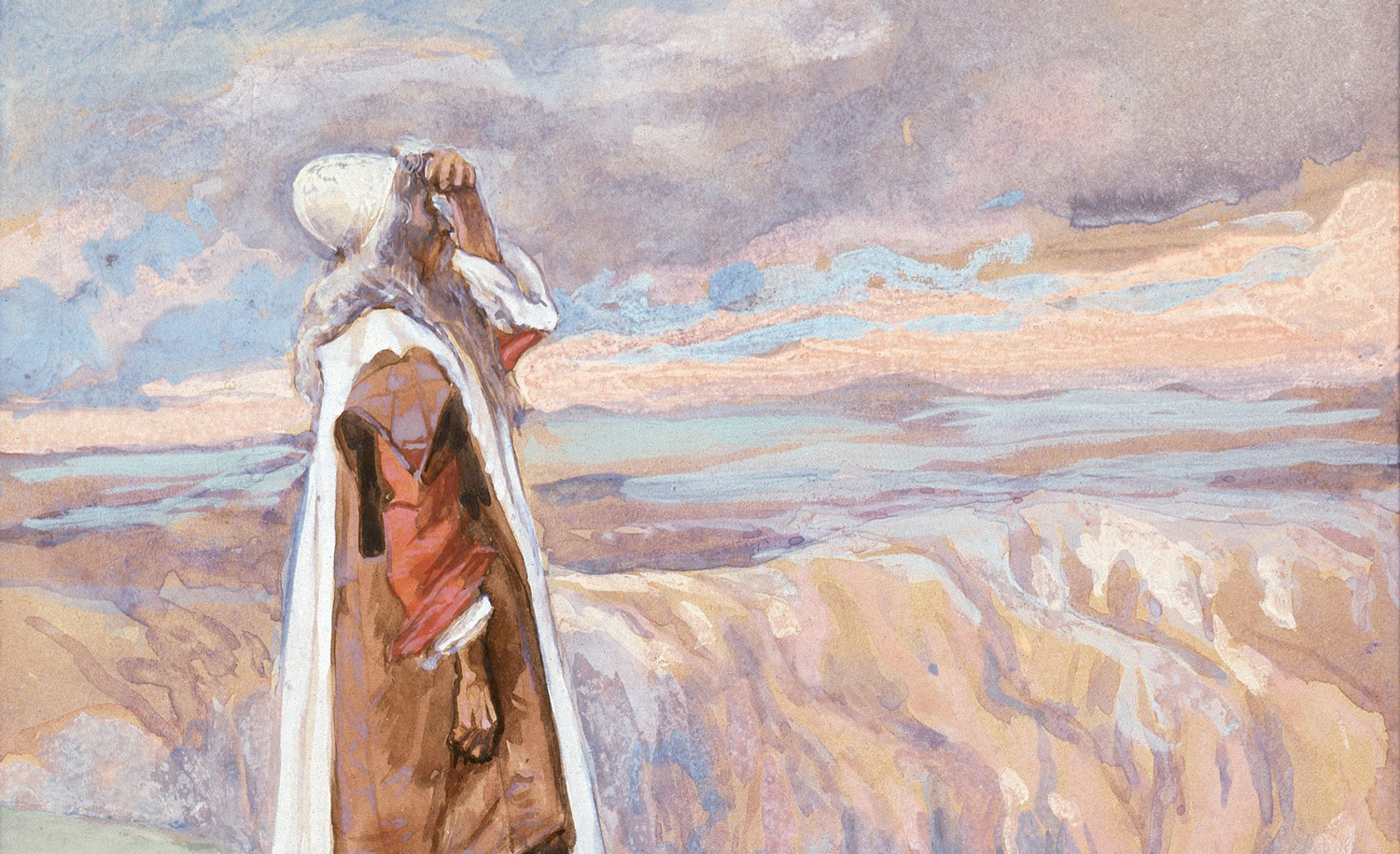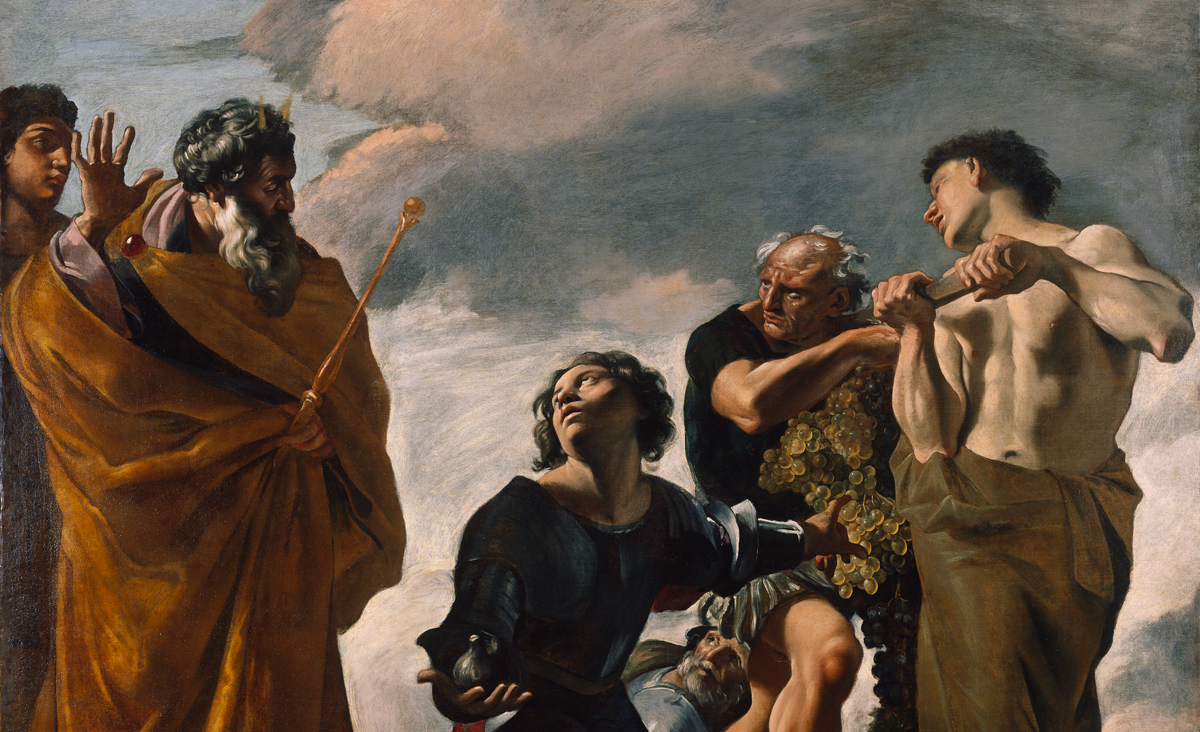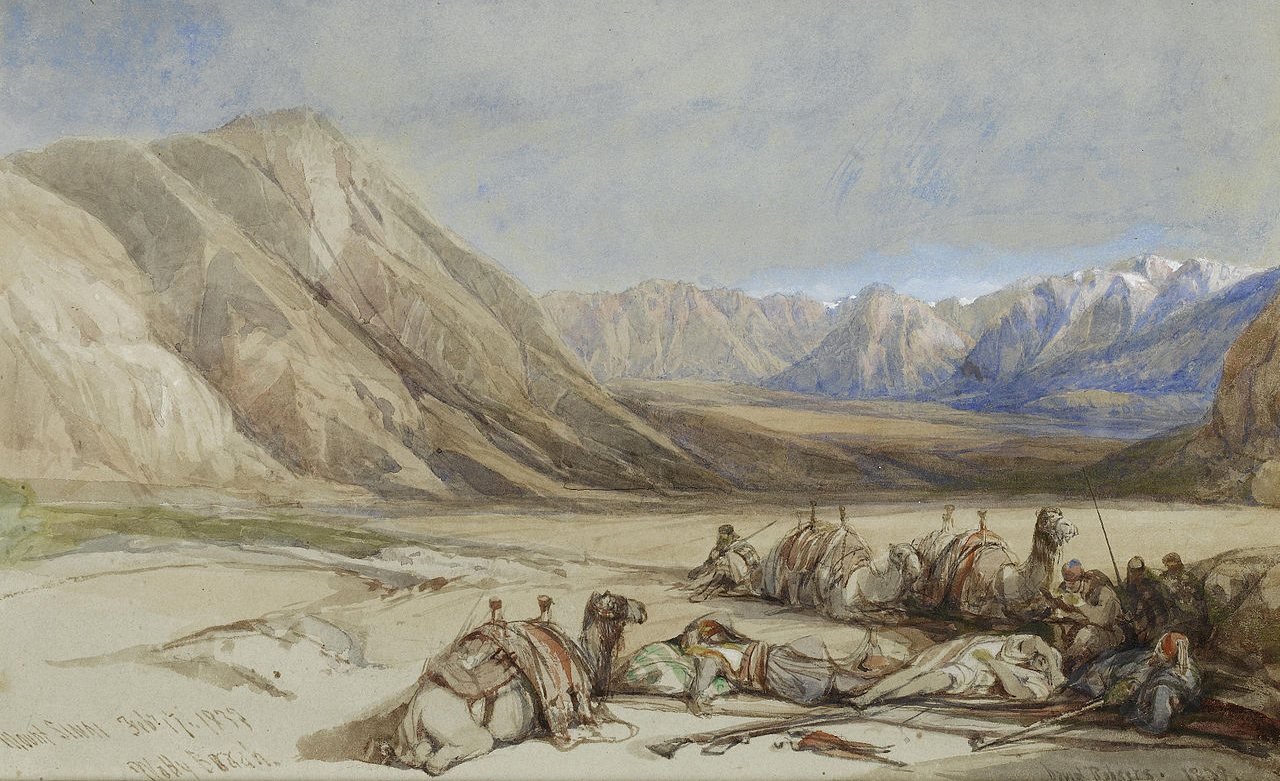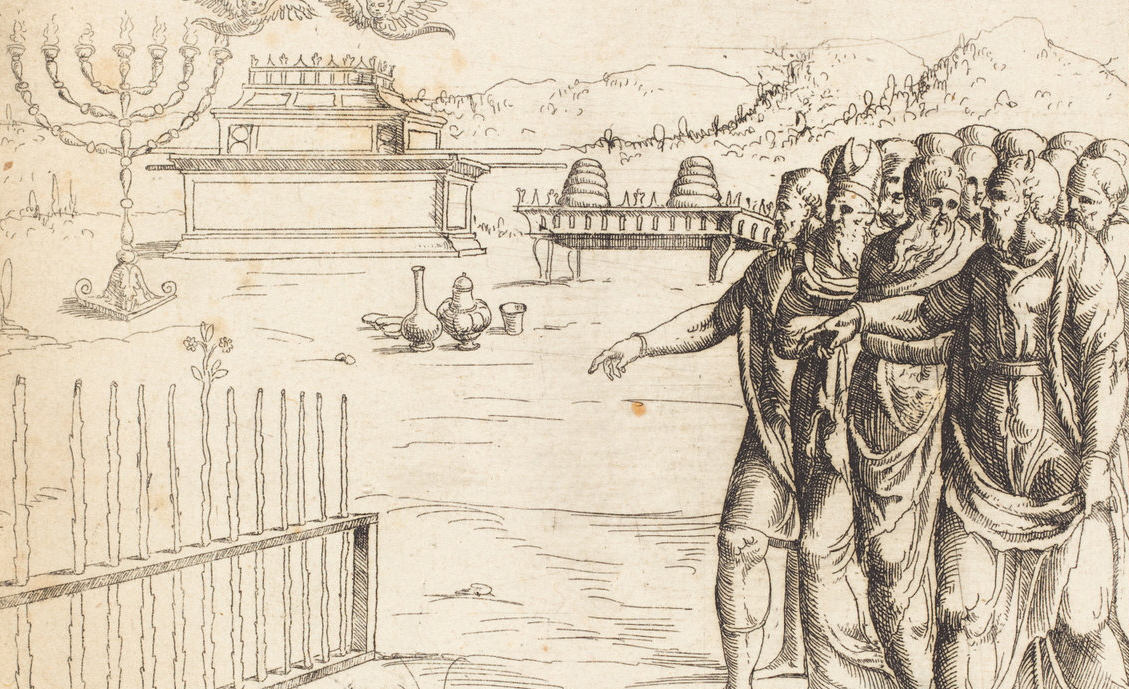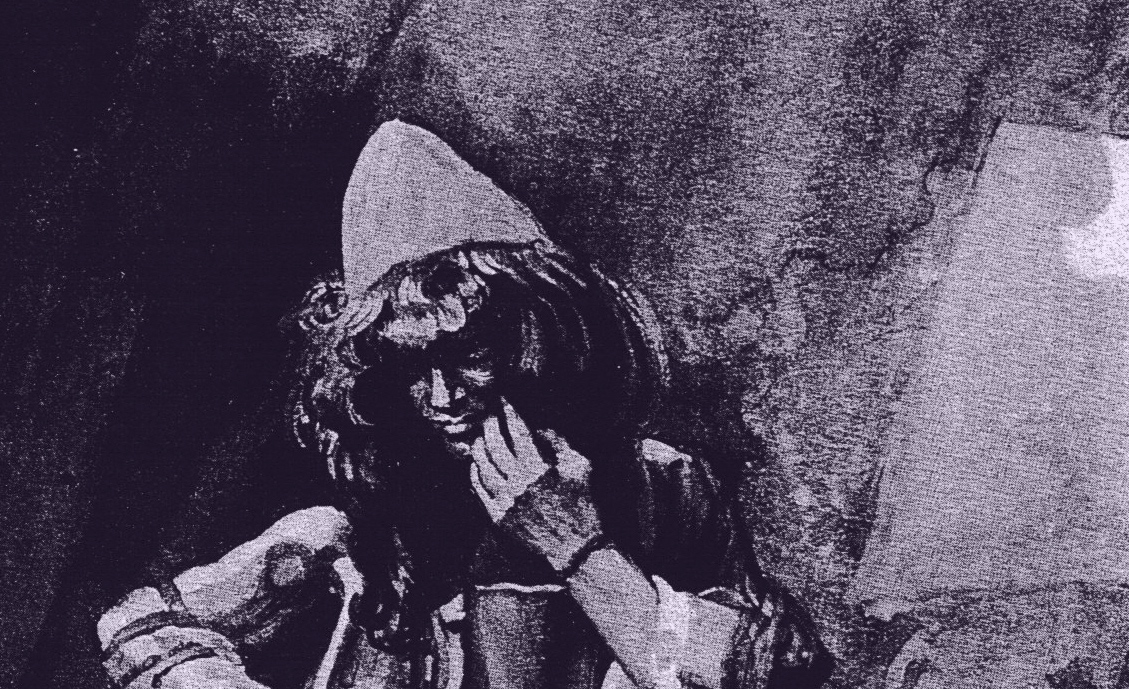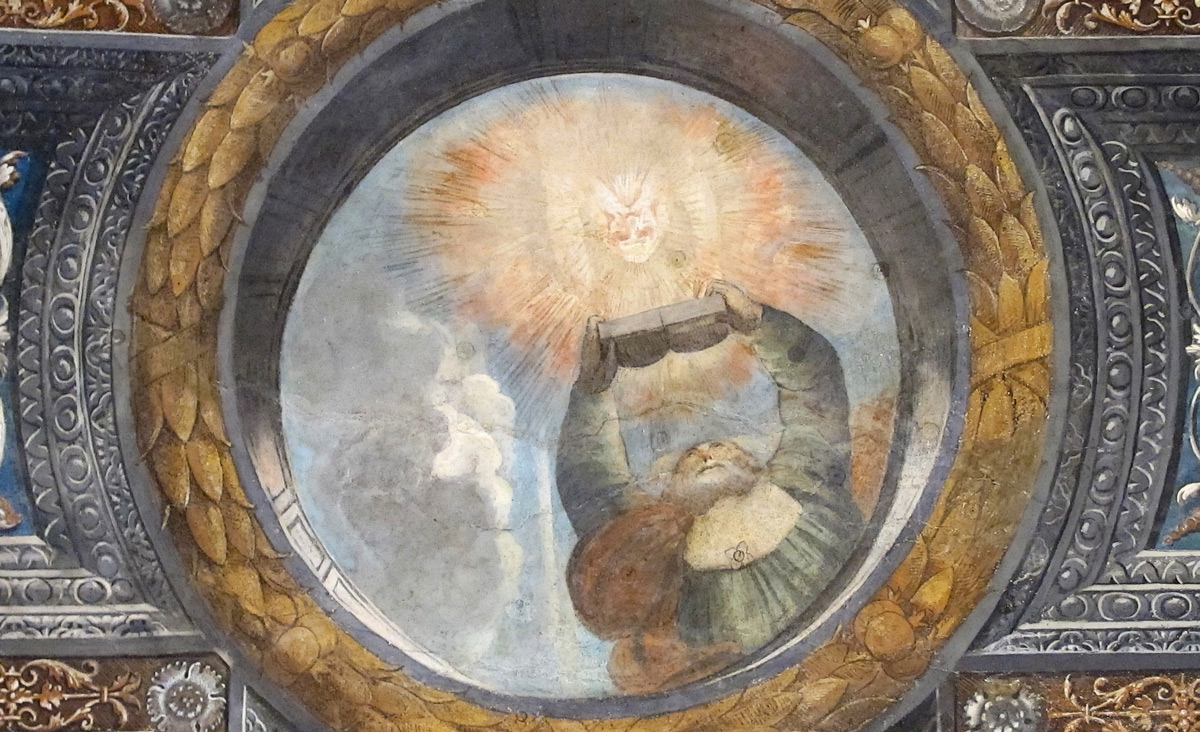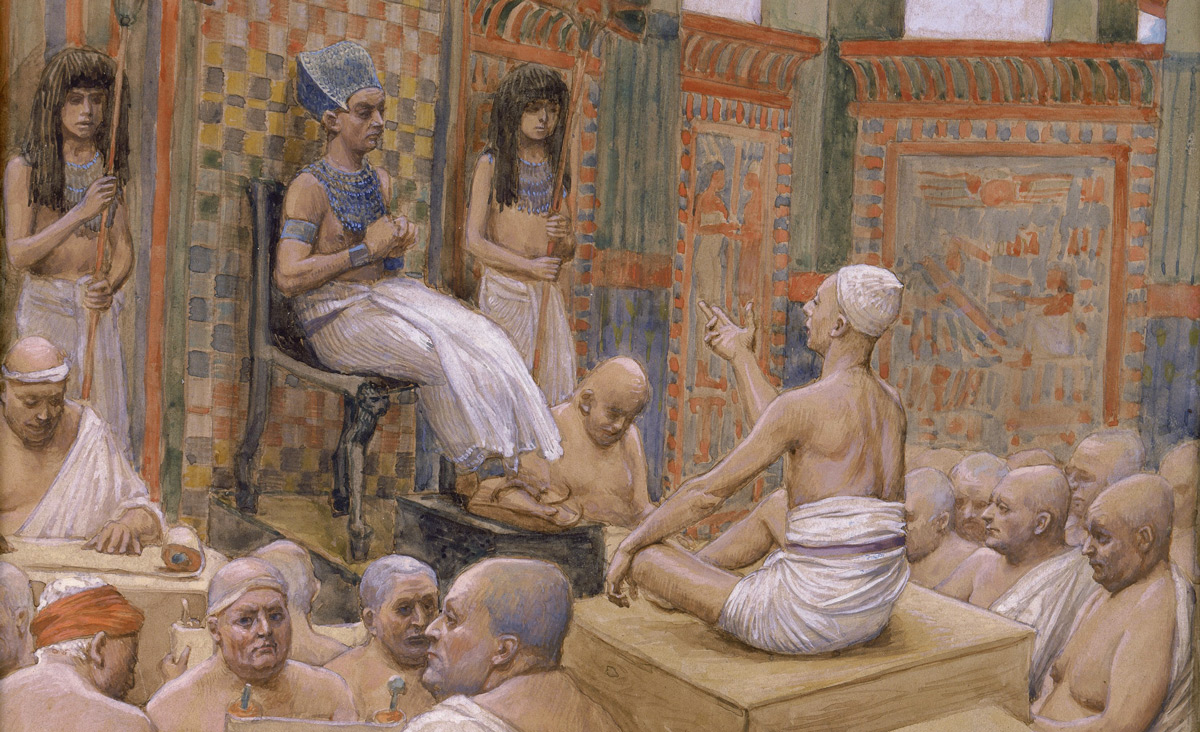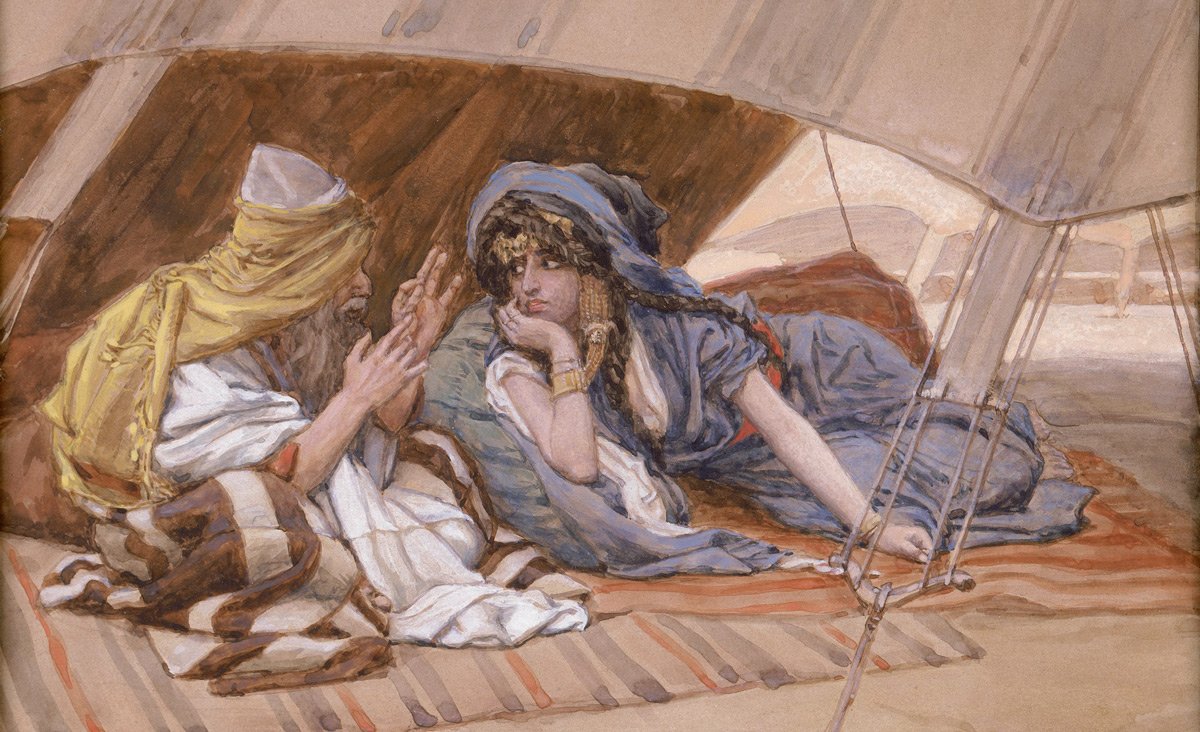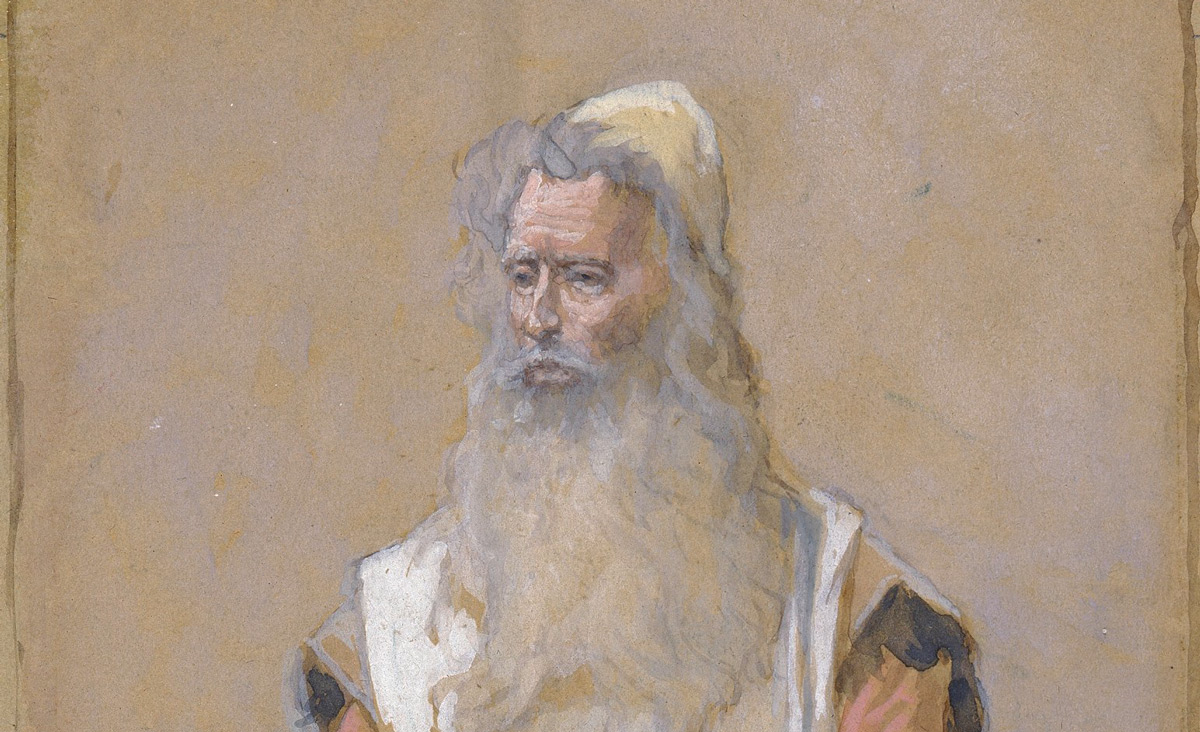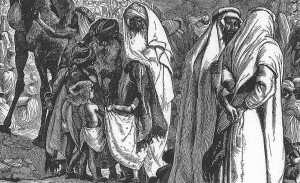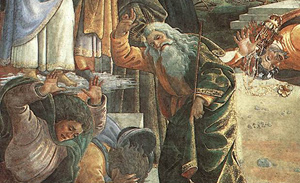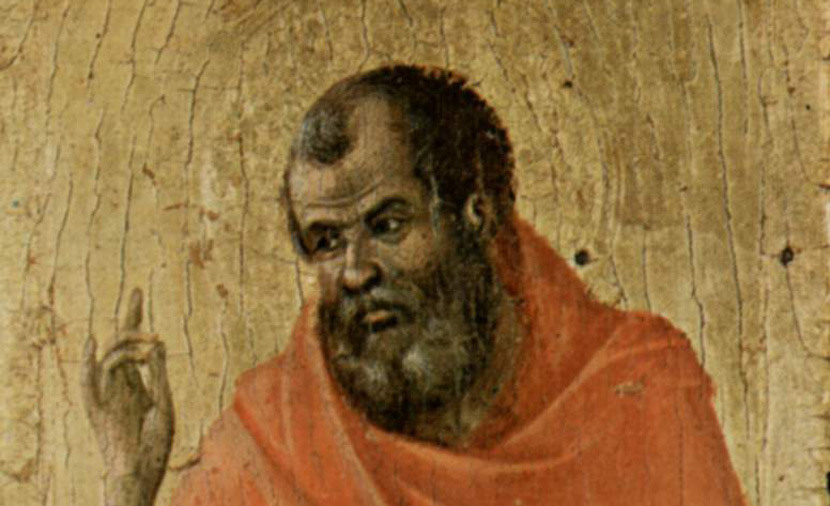The Monthly Portion
The point of the Torah’s rules on foreign brides and divorce.
A biblical story marks the moment when Judaism turned from charismatic authority to institutional authority, and from the rule of judgment to the rule of law.
They looked inside themselves and saw only their own fear, not the confidence needed to make the land of Israel their own.
Read enough of the Hebrew Bible and you could come to the conclusion that the two are intertwined, or even interdependent.
He is dehumanized, his life circumscribed by the need to achieve perfect purity and be a vessel for the forgiveness of the people’s sins.
Vayakhel records in painstaking detail the making of the tabernacle. It also makes clear one crucial truth: the central task of Jewish leadership is not atonement but teaching.
He insists he’s not cut out for the job, and his reason has something to do with the way he speaks.
Moses acts, while Joseph sees himself as being acted upon.
How her fear and her mistreatment of Hagar the Egyptian helped forge the descendants of Abraham into a people, in a forge of 400 years.
For 40 years, Moses held tight to the Jews lest they relapse into idol worship. As his time drew to an end, he forced himself to loosen the reins.
Wherever Jews live, God lives within them.
What happens when the people rebel against the leadership of Moses and Aaron?
God ordered the prophet Hosea to marry a whore and father her children. The rabbis can’t decide if the story actually happened or was purely symbolic.
And why this week’s Torah portion fits into the spirit of both days.
